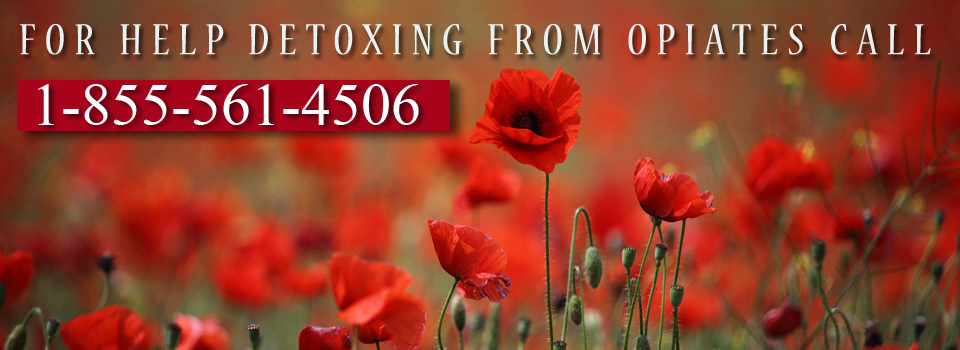
Recovery from substance addiction is a multi-step journey, and the first critical phase is often detoxification. However, detox alone is not enough for long-term recovery, making rehabilitation a necessary next step. Understanding the key differences between detox and rehab can help individuals and their families make informed decisions about addiction treatment in Western Canada.
What is Detox?
Detoxification, or detox, is the process of removing harmful substances from the body. This phase is crucial for individuals who have developed a physical dependence on drugs or alcohol. Detox can take place in different settings, including hospitals, specialized detox centers, and even home-based programs under medical supervision.
Key Aspects of Detox:
- Medical Supervision: Many detox programs offer 24/7 medical monitoring to manage withdrawal symptoms safely.
- Withdrawal Management: Detox addresses the physical effects of substance withdrawal, such as nausea, anxiety, tremors, and severe cases like seizures.
- Short-Term Process: Detox usually lasts from a few days to two weeks, depending on the substance involved and the individual’s condition.
- Preparation for Rehab: Detox alone does not address the psychological and behavioral aspects of addiction; it is the first step toward rehabilitation.
What is Rehab?
Rehabilitation, or rehab, follows detox and focuses on treating the underlying causes of addiction. Rehab programs provide therapy, counseling, and behavioral interventions to help individuals build coping mechanisms and prevent relapse. There are different types of rehab programs in Western Canada, including inpatient (residential) and outpatient options.
Key Aspects of Rehab:
- Comprehensive Treatment: Rehab addresses the mental, emotional, and behavioral factors contributing to addiction.
- Various Treatment Methods: Programs may include cognitive-behavioral therapy (CBT), group therapy, individual counseling, and holistic approaches like meditation and fitness therapy.
- Longer Duration: Rehab programs typically last from 30 days to several months, depending on the individual’s needs and treatment plan.
- Aftercare and Relapse Prevention: Many rehab centers provide follow-up care, such as sober living arrangements and 12-step programs, to support long-term recovery.
Detox vs. Rehab: The Key Differences
| Feature | Detox | Rehab |
|---|---|---|
| Purpose | Manages withdrawal symptoms and removes substances from the body | Focuses on long-term behavioral change and recovery |
| Duration | A few days to two weeks | 30 days to several months |
| Medical Supervision | Often required for safety | Therapy-based with optional medical support |
| Primary Focus | Physical stabilization | Mental, emotional, and behavioral recovery |
Accessing Detox and Rehab in Western Canada
In Western Canada, there are numerous detox and rehab facilities available, both government-funded and private. Some notable centers include:
- Vancouver Detox Centre (BC): A medically supervised detox program in British Columbia.
- AHS Detox Centres (Alberta): Government-funded withdrawal management services in Alberta.
- Edgewood Treatment Centre (BC): A leading rehab facility offering residential treatment programs.
- Simon House Recovery Centre (Alberta): A structured rehab program integrating therapy and peer support.
Conclusion
Detox and rehab are essential components of addiction recovery, but they serve different purposes. Detox helps individuals safely manage withdrawal symptoms, while rehab provides the tools and support needed for long-term recovery. In Western Canada, a range of detox and rehab programs are available to help individuals take the necessary steps toward a healthier, addiction-free life. Seeking professional guidance can ensure the right treatment path for lasting success.

